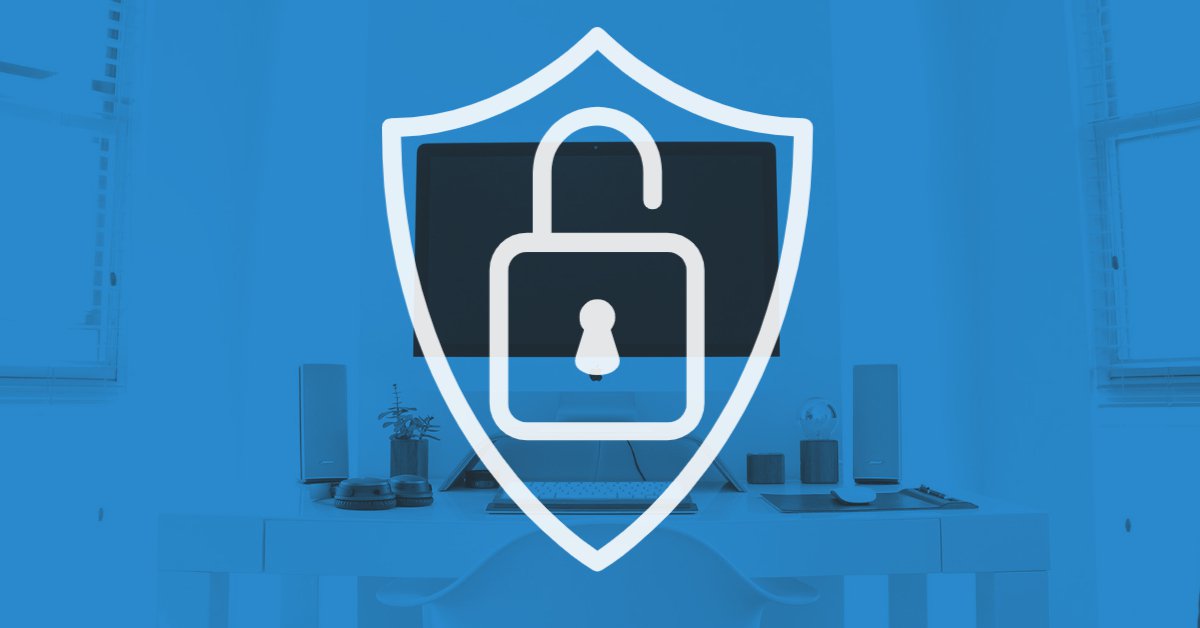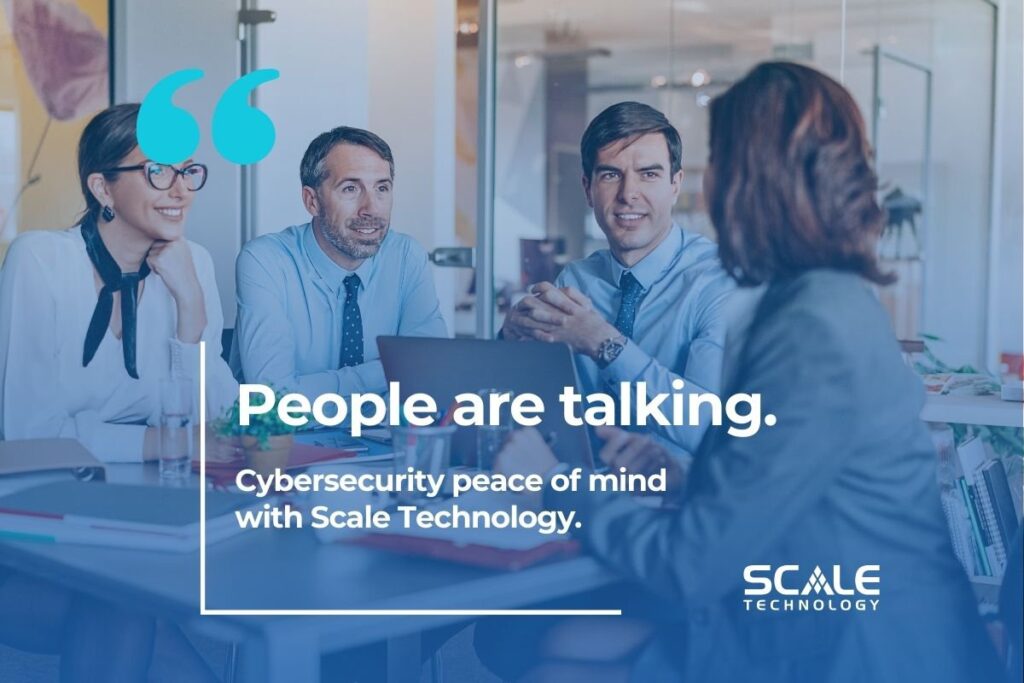The work-from-home model has been great for many businesses despite the effects of COVID-19. Productivity has been steady, and many business owners want to keep the policy in place long term. Yet there’s one issue that still concerns them: data security when working from home.
Here’s a closer look at what data security is, how remote work affects it, and how data security best practices can still apply at home.
What is data security?
Data security refers to those practices that protect data from unauthorized access. While working remotely may be convenient and even necessary, it puts your data at risk of cyberattacks. This is because the home environment and the tools to streamline remote work only makes things easier for hackers. A recent example is the 2020 Zoom attacks in which hackers stole 500,000 Zoom account passwords and sold them on the dark web.
Although Zoom made it easier for companies to keep in touch with employees, it showed that even the most popular tools might not be as a safe as they seem. Something as simple as a weak password can put your data, your employees’ data, and your customers’ data at risk. This makes managed IT services while working from home a necessary option that leaves data security solutions just a phone call away.
How working from home affects data security
Human error
Research shows that 95 percent of cyberattacks happen due to human error. At home, you may be a bit relaxed or comfortable, not thinking about risk as much as you do at work. It’s important to remember, however, that data breaches can happen when you least expect them to.
In fact, it can happen quickly and quite simply. It can happen through private phone calls when you share information that you don’t think would pose a problem. A friend, neighbor, or stranger eating at the table next to you could overhear you, and use it for their gain.
Less secure environment
As you move from the office and take your work home, you move away from a secure network environment with data protection measures in place. With managed IT services, most workplaces have installed firewalls that prevent or reduce the risk of third-party access to confidential data.
Your workplace probably has a network firewall that prevents third parties from accessing information from the outside. The same happens with your work computer. It has firewalls that prevent hackers from accessing company data.
For data security, however, working from home is a bit different. With the speed at which businesses like yours have had to start working remotely, there wasn’t time to conduct risk assessments. There also wasn’t time to install measures to reduce identified risks.
Just remember that for hackers, stealing data off of home or public computers is a low-risk, high-reward operation. Fewer challenges for them means easy work. For instance, you may be working from a public Wi-Fi, and open what you think is a real email. Next thing you know, you’re hacked. This is called email phishing, and it could keep happening as long as you don’t protect your data.
Sharing devices with family members
Sharing work devices with family members poses another risk to your data security. Your workplace usually restricts this with private meeting rooms, work computers, and not using personal devices at work. Unfortunately, these data security and best practices measures likely aren’t available at home.
Family members may not intend to compromise your work information. But it could happen through the sites that they visit. A good example is when your kids use your computer for remote learning. Some websites may contain malware, and clicking innocent-looking links may download the malware to your computer. A hacker could then access all sorts of confidential information without your knowledge.
Data security best practices when working from home
Use these data security best practices to avoid or reduce the risk of data theft when working from home.
Encryption
Data encryption is how you convert information into other forms to prevent unauthorized access. For example, with two-factor authentication, a second security key has to match yours in order to access the information. Encryption is one of the most important data security and best practices measures that you should adopt for all work-related information.
You can also encrypt your devices’ hard drive. This way, if you lose your personal or work computer through theft, no one will be able to access confidential information. To prevent firewall breaches that can happen while using home Wi-Fi, you can encrypt your router before using it for work-related purposes. This way, even when sensitive information lands in the wrong hands, they will not be able to gather any meaning from it without the security key.
Using work devices
Using your work computer only for work-related activities reduces the risk of third party access to sensitive information. The work device may already have firewalls to improve data protection. Also since most work devices only contain necessary applications, you are less likely to be exposed to malware and other cybersecurity threats.
Following your company’s security protocols
This is the best way to protect data when working remotely. If your company has a security checklist, always ensure that you’re following it. Some common company essentials for a secure setup include two-factor authentication, intrusion prevention through managed IT services, and company-designated virtual private network (VPN) licenses.
You should also secure your home router, install the latest security patches on your software, and use strong passwords. Together, these will better ensure data safety now and in the long run.
For more information
Don’t let your company be easy work for hackers. Contact Scale Technology today at (501) 213-3298 to better protect your company’s data, or fill out this form for a consultation to make it happen.



